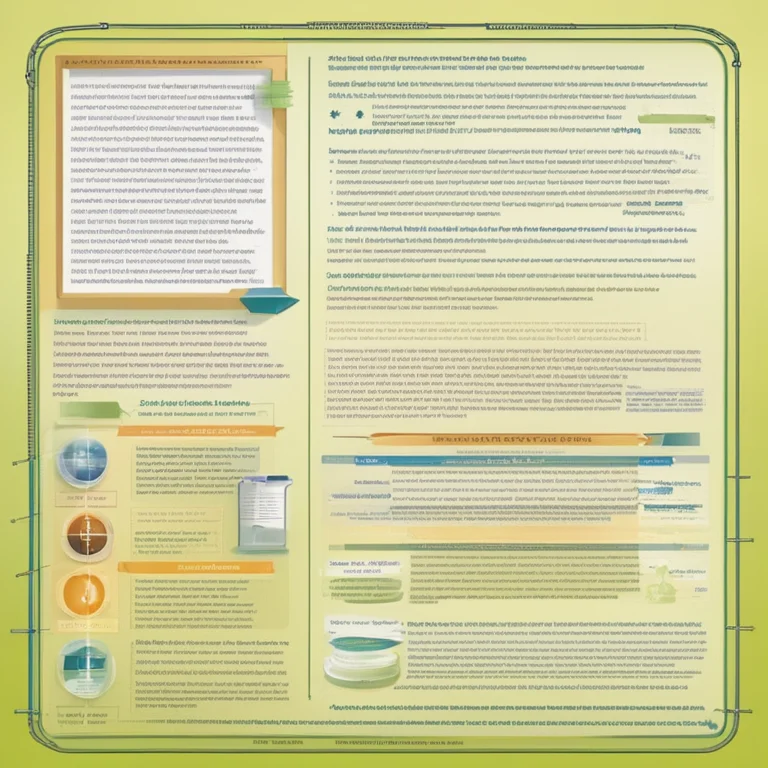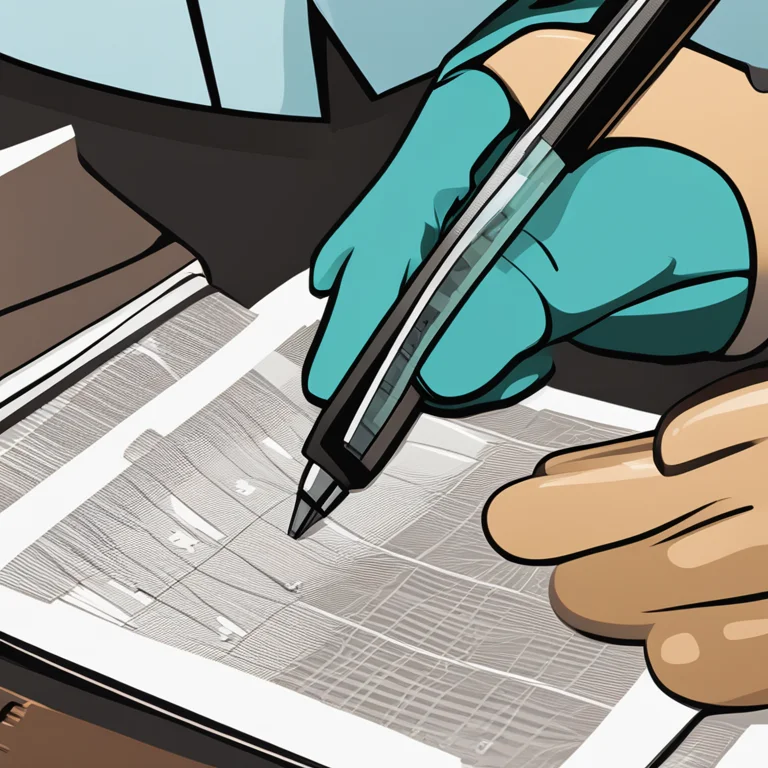
The Singularity of Palm Lines: Myth or Science?
Explore the fascinating world of palmistry and discover the truth behind the uniqueness of palm lines in this insightful article.
article by Nora Pennington
The Intrigue of Palm Lines
Our hands serve as functional tools and symbolic canvases, with lines that some suggest narrate our fates and personality traits. The study of these lines, palmistry, is an ancient practice that still captivates many today. But a question looms large: Are these palm lines genuinely unique? Advancements in dermatoglyphics, a field examining the patterns of skin ridges, including fingerprints and palm lines, provide a scientific backbone to what was once purely mystical.

The Science Behind The Lines
It's essential to understand the origin of palm lines before we debate their individuality. During the embryonic stage of development, hand lines begin to form based on both genetic and environmental factors. Recent research delves into how these factors, including the movement of the fetus in the womb, contribute to the formation of these distinctive lines. Thus, while there's a pattern to their creation, the exact folds are influenced by a myriad of factors, making each set unique.

Comparative Analysis of Palm Patterns
Studies have shown that, like fingerprints, no two palm prints are exactly the same—even twins showcase differences. Forensic scientists use this premise to help solve criminal cases. The intricacies of the lines, their depth, curvature, and intersections are identifiers. In the digital realm of 2024, palm recognition technology is being honed for security measures, further proving the individuality of these patterns, which offers one the fortuity to argue for the uniqueness of palm lines from a technological standpoint.

Interpreting Life Lines and Beyond
Palmistry differentiates between various lines on the palm, each purportedly offering insights into different aspects of life. The life line, heart line, head line, and fate line are considered the core elements of palmistic traditions. Divergent from the definitive science of unique lines, the interpretations provided by palmists aren't standardized and vary widely. Regardless of individual beliefs in the implications of these lines, their singular nature is a universal truth recognized by both spiritual and scientific communities.

Critical Viewpoints & Academic Consensus
While many accept the concept of unique palm lines, skeptics raise critical questions regarding reproducibility and the statistical verification of such claims. The academic world is cautious, recognizing that while palm patterns have an element of uniqueness, the practice of palmistry lacks empirical support. As of 2024, universities continue to study dermatoglyphic patterns but remain detached from palmistry, focusing on the confirmed uniqueness rather than the alleged predictive capabilities.
The Future of Palm Line Studies
As we look to the future, the convergence of technology and palm study is an area ripe with potential. Biometric identification systems incorporating palm lines are becoming more robust, integrating not just physical patterns but also vein and thermal recognition. This underscores the notion that palm lines play a significant role in distinguishing between individuals. Whether for personal discovery or technological development, the consensus is clear: our palm lines are as distinctive as we are.
Published: 1/10/2024
Modified: 1/10/2024
More predictions
Come back here soon to learn more about yourself and your future


Palm Reading Guide: Basics and Insights
Delve into the art of palmistry with this essential guide to reading palms, revealing secrets to personality and destiny through the lines on your hand.


Guide to Palmistry: Interpreting Your Palm Lines
Discover the ancient art of palmistry with our comprehensive guide to reading and interpreting the lines on your palms.


Palmistry in Flux: The Nature of Palm Lines
Delve into the compelling world of palmistry and discover how your palm lines may change over time, reflecting personal growth and life shifts.